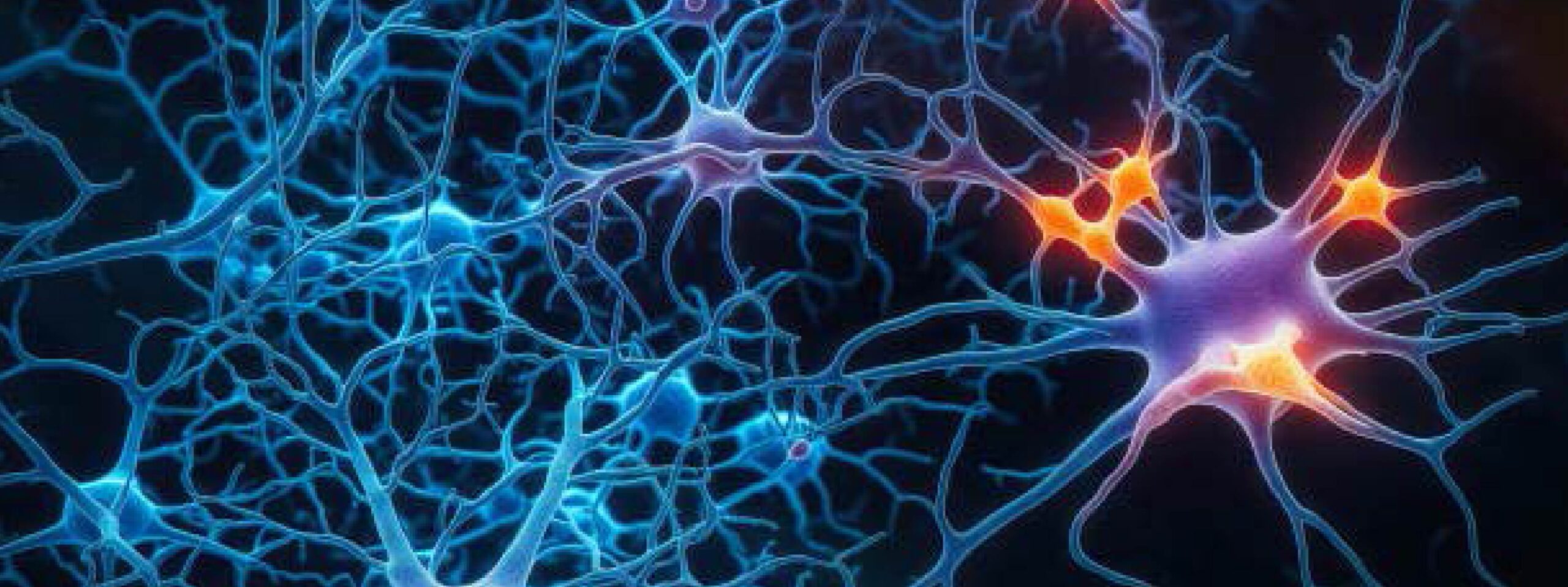Neurogenesis in PSCs by electrical synergic stimulation on nanoplatforms
HOST INSTITUTION
Universidad Autónoma de Madrid, UAM (España)
PhD PROJECT DESCRIPTION
The PhD project will focus on the differentiation of human neural stem cells through electrical stimulation on nanoplatforms. The research will aim to investigate the effect of electrical and nanomechanical stimuli on neurogenesis using two biological strategies: 2D cultures of human neural stem cells and 3D brain organoids derived from pluripotent human stem cells. The specific objectives will be aimed to:
- Investigate effects of electrical and nanomechanical stimulation on cell attachment and neuronal differentiation of pluripotent stem cells, particularly focusing on the midbrain dopaminergic neuronal phenotype.
- Examine the maturation and development of tissue complexity in pluripotent stem cells -derived brain organoids subjected to similar electrical and nanomechanical stimulations.
- Identify optimal stimulation parameters to direct cell differentiation towards neuronal lineages, enhance maturation, and modulate the network activity in brain organoids.
Expected outcomes of the project include validating the efficacy of magnetic sensors in brain organoids, particularly during electrical stimulation, and mapping the synergistic effects of topographical and electrical stimulation on stem cell differentiation into mature neuronal phenotypes.
Research Training Offer:
The candidate will receive comprehensive training in advanced stem cell culture techniques, including neural induction and the maturation of specific neuron subtypes. Emphasis will be placed on 3D cultures of brain organoids and methods to record neural activity. The project will also involve the application of electrical and nanomechanical stimulation protocols to guide stem cell differentiation. Training will encompass data analysis, interpretation, and the presentation of research findings.
Secondment Opportunities:
- SISSA (Scuola Internazionale Superiore di Studi Avanzati), under the supervision of Laura Ballerini: A three-month stay focusing on performance tests in organotypic slice cultures.
- MTTL (MicroTech Lab), under the supervision of Cristina Degrassi: A three -month secondment dedicated to biotoxicity assessments and preclinical in-vitro biomedical inflammation studies.
Training Opportunities at the Host Institution:
The candidate will enroll in the Molecular Bioscience Doctorate program at the Universidad Autonoma de Madrid (UAM) and the Train@CBM program at Centro de Biologia Molecular Severo Ochoa. The program offers courses in biochemistry, molecular biology, and biotechnology. Specific training will cover in vitro studies of stem cell biology, neural induction, neurogenesis, and the maturation of specific neuron subtypes. Additionally, the candidate will gain experience in 3D cultures of brain organoids and techniques for recording neural activity. The program also emphasizes the development of soft skills, including presentation abilities, project management, and technology transfer.
This PhD project provides a unique opportunity to engage in cutting-edge research at the intersection of stem cell biology, neuroengineering, and nanotechnology, with the goal of advancing our understanding of neuronal differentiation and maturation processes.
RESEARCH SUPERVISOR
- Title: Associate Professor
- Full name: Marta P Pereira
- Email: pereiram@cbm.csic.es
- Research project/ Research Group website (Url):
RESEARCH GROUP DESCRIPTION
Our research group focuses on developing advanced human brain organoids from stem cells to model complex neuronal circuits and diverse neuron phenotypes. By employing bioengineering techniques, we enhance these organoids to study cell-cell interactions, aiming to create accurate and reproducible models for designing therapies for neurodegenerative diseases. Our current efforts include refining scaffold designs by integrating materials and topographies validated in 2D cultures, harnessing their abilities to promote neuronal growth and support electrical conductivity. Additionally, we are introducing oligodendrocytes derived from human stem cells into the organoids to promote myelination and further functional maturity. These advancements aim to reduce reliance on animal models and provide deeper insights into human neural tissue biology, facilitating the exploration of therapeutic interventions for neurological disorders.
APPLICANT’S REQUIREMENTS
We are seeking a highly motivated candidate with a Master’s degree in neuroscience, developmental biology, or a closely related field. The ideal applicant will have hands-on experience in human stem cell culture techniques, including differentiation and maintenance protocols. Proficiency in English is essential, and an interest in learning Spanish will be considered advantageous. The successful candidate should demonstrate the ability to comprehend and integrate concepts from the field of materials engineering, particularly as they pertain to neural applications. Strong collaborative skills are essential, as the role involves working within a multidisciplinary team. Additionally, the candidate should possess excellent communication abilities, both written and verbal, to effectively disseminate research findings. A proactive attitude towards learning and problem-solving, coupled with a genuine passion for advancing knowledge in neural stem cell research, will be highly valued.
ADDITIONAL PhD APPLICATION AND RECRUITMENT STEPS
Additionally, selected eligible candidates will be invited to submit their application at the employment website of the Universidad Autónoma de Madrid.
ELIGIBILITY CONDITIONS:
- Mobility requirements: candidates not have resided or carried out their main activity (work, studies, etc.) in Spain for more than 12 months in the 36 months immediately before the recruitment date.
- Research experience: must be doctoral candidates, i.e. not already in possession of a doctoral degree at the date of recruitment.
- Candidates must enrol in a doctoral programme in the relevant EU Member State/Associated Country.
